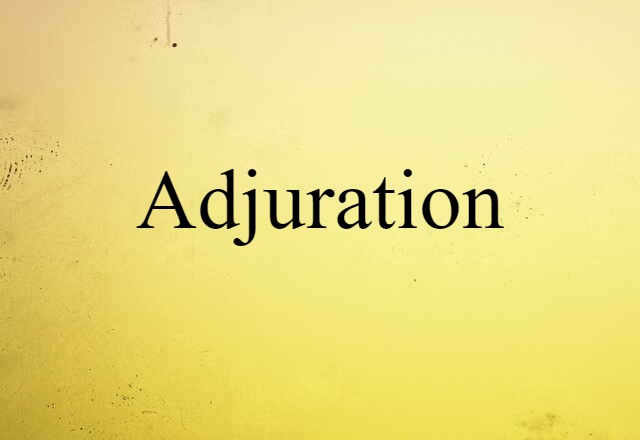- to show (an act, claim, statement, etc.) to be just or right: The end does not always justify the means.
- to defend or uphold as warranted or well-grounded: Don't try to justify his rudeness.
- to declare innocent or guiltless; absolve; acquit
- Printing.
- to make (a line of type) a desired length by spacing the words and letters, especially so that full lines in a column have even margins both on the left and on the right.
- to level and square (a strike).
- Law.
- to show a satisfactory reason or excuse for something done.
- to qualify as bail or surety.
- (of a line of type) to fit exactly into a desired length.
- to prove or see to be just or valid; vindicate
- to show to be reasonable; warrant or substantiate
- to declare or show to be free from blame or guilt; absolve
- law
- to show good reason in court for (some action taken)
- to show adequate grounds for doing (that with which a person is charged)
- to adjust the spaces between words in (a line of type or data) so that it is of the required length or (of a line of type or data) to fit exactly
- to account or declare righteous by the imputation of Christ's merits to the sinner
- to change from sinfulness to righteousness by the transforming effects of grace
- to prove (a person) to have sufficient means to act as surety, etc, or (of a person) to qualify to provide bail or surety
















